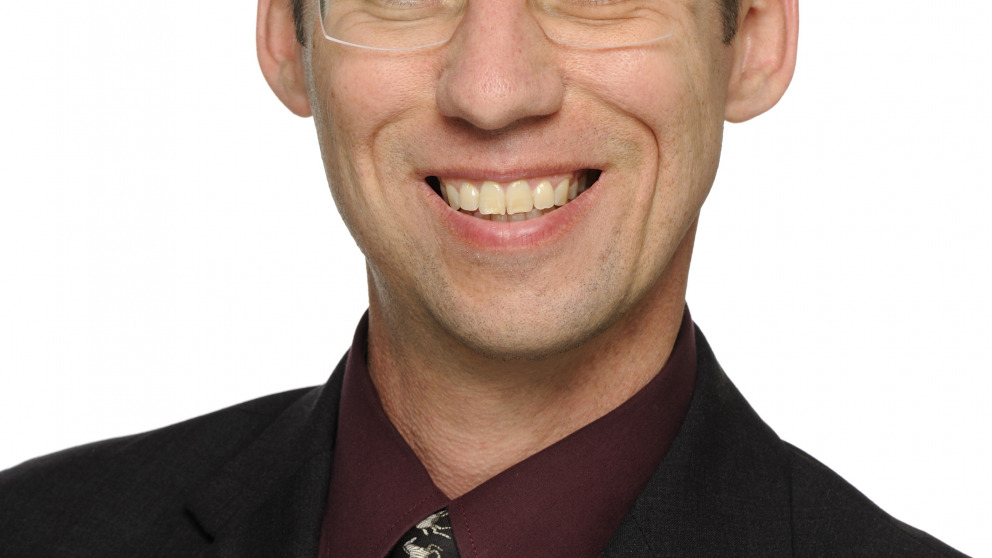Headline:
High impacts, high risks: Further steps to curb climate change? Lecture by PD Dr. Mark Lawrence, Scientific Director IASS, February 27, 2013

In order to mitigate climate change, actions apart from the reduction of CO2 emissions are increasingly discussed. Approximately half of the global warming is due to climate-forcing substances such as soot, methane and ozone – without their reduction, the 2°C goal cannot be kept. In addition, there are now many proposals for interventions into the climate system, called “climate engineering” or “geo-engineering”.
However: Are these methods effective or do they trigger new problems? Which risks will they pose and which opportunities will they offer? In the lecture series “Potsdamer Köpfe im Kiez”, PD Dr. Mark Lawrence, Scientific Director at the IASS, will present first research results in his presentation “High impacts, high risks: Further steps to curb climate change?”.
The lecture will be held on February 27, 2013 at 6 p.m. in the Friedrich-Reinsch-Haus in Milan Horst 9 in Schlaatz.
In the lecture series “Potsdamer Köpfe im Kietz”, an extension of the series “Potsdamer Köpfe”, scientists from Potsdam and the surrounding areas present their current research topics in an accessible way for a broad audience.
Since October 2011, PD Dr. Mark Lawrence is Scientific Director at the Institute for Advanced Sustainability Studies (IASS) in Potsdam and heads the research cluster “Sustainable Interactions with the Atmosphere” (SIWA). The cluster examines the consequences of short-lived, climate-forcing pollutants such as ozone, methane and soot on climate and air quality and how their emissions can be reduced. The second focus is “climate engineering”, particularly the potential consequences and uncertainties. Mark Lawrence graduated from the Georgia Institute of Technology in Atlanta, Georgia, USA and wrote his PhD thesis at the Max-Planck-Institute in Mainz from 1993 to 1996. There, he initially worked as a postdoctoral fellow before he took over the management of the independent research group SAPHIRE in August 2000. From 2006 to 2011, he was head of the group “atmospheric modeling”.
For more information, please visit: http://www.prowissen-potsdam.de/cms/beitrag/12441974/9697200/Dr-Mark-Lawrence-Grosse-Wirkungen-hohe-Risiken-Weitere.html
